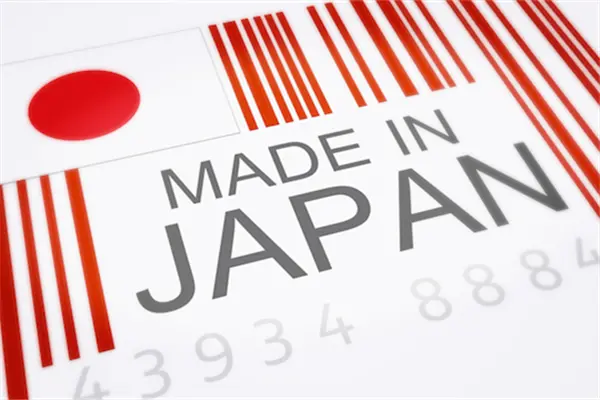Japanese automakers have been making international headlines in recent months, but this time, for the wrong reasons.
As a string of data manipulation scandals and apparent quality control problems have been exposed in Japan's automotive industry, "Made in Japan," a label that once signified superior craftsmanship, is no longer what it used to be.
"MADE IN JAPAN" SHADOWED BY SCANDALS
The automotive world and beyond is currently buzzing about the massive airbag recall covering many millions of vehicles in North America, Europe, China and Japan.
The defective airbags were supplied by Japan's Takata company, which is the main airbag manufacturer in Japan and the major supplier of most Japanese automobile manufacturers.
A recent third-party investigation has revealed that the Japanese company manipulated and falsified test data regarding its air bags, which have caused over 100 deaths during the last decade.
The widening auto-safety scandal is only the latest one in Japan's manufacturing industry, which has witnessed a gradual but relentless decline since the early 1990s.
On May 18, Suzuki, the second largest Japanese manufacturer of light vehicles, admitted that it had falsified the fuel-economy data regarding 16 types of vehicles sold in Japan, involving over 2.1 million vehicles.
On April 20, 2016, Mitsubishi Motors' President Tetsuro Aikawa admitted in a press conference that his company had manipulated the fuel-economy tests, which involved some 600,000 vehicles.
Scandals have also been revealed in Japan's household appliance industry, which has been struggling to maintain its market share in face of increasingly intense competition from rivals in China, South Korea and other countries after leading the country out of the shadows of World War II.
In July 2015, an independent investigation committee reported that Toshiba, a 140-year-old brand, had exaggerated profits in its report during the previous five years as of March 2014, a scandal believed to have caused a 360 million-U.S. dollar loss for the company in 2014.
REASONS BEHIND DECLINING MANUFACTURING INDUSTRY
The recent scandals in Japan's manufacturing industry, the analysts said, are the latest signs of the hollowing out of the country's heavily industrialized economy, underlining the structural difficulties Japan's manufacturing industry is facing.
They pointed out that the decline is largely the result of an aging work force and a faulty corporate culture gripped by inertia.
Japan's manufacturing industry used to score brilliant achievements thanks to its unique management model and corporate culture. After World War II, Japan had successfully transformed itself into a manufacturing giant, which was excellent in making products of high quality.
However, the unique management model and corporate culture, which value accuracy, strictness and meticulousness, did not apply to the Internet era, when innovation, flexibility and openness are the most treasured merits.
Japanese companies did value innovation, the analysts said, but they tended to focus most efforts on the improvement and upgrading of existing products and technology instead of seeking breakthroughs in new spheres, and the result of being overly obsessed with product quality is that their products sometimes go apart from the needs of markets.
Meanwhile, the country's manufacturing industry is also plagued by an aging population, a shrinking workforce and weak domestic demand.
Japan has already become a "super-aged society," where people over the age of 65 make up a quarter of its total population, and it is on track to reach 40 percent.
The serious decline in the number of young people led to an unbalanced employment structure, under which industries are losing vitality and people, especially the young workforce, are less enthusiastic about starting up their own businesses.
However, the analysts also said that though the state of the country's manufacturing sector is worrisome, its growth slowdown is far from terminal, and it could remain globally competitive as long as effective reform measures are implemented.
(APD)
 简体中文
简体中文

